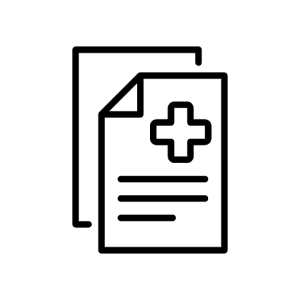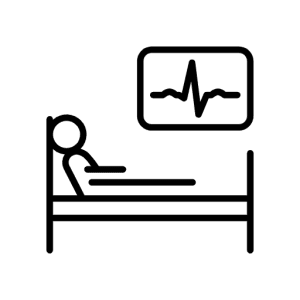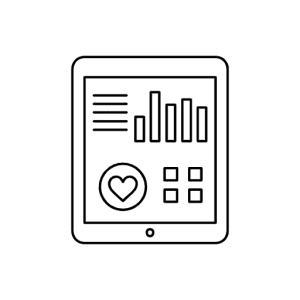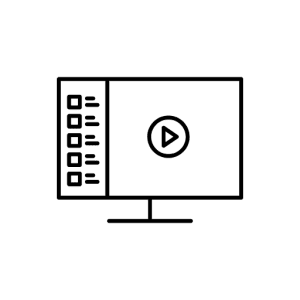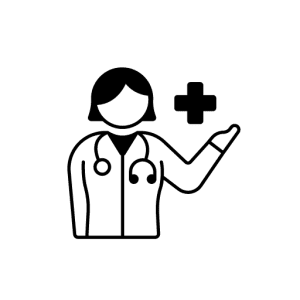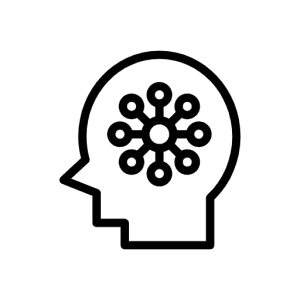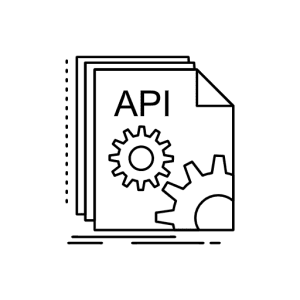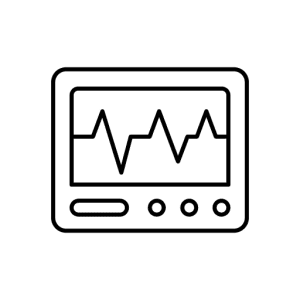Device Development Services - DDS
Thought leaders agree that today’s best technologies strike a balance between reducing the overall cost of medical care and increasing safety and survival rate
The rapid evolution in Internet of Medical Things (IoMT) technology has increased the use and effectiveness of telehealth and home monitoring devices. They allow patients to engage in their normal daily activities comfortably at home while still being monitored by their healthcare providers. These devices can use a variety of biometric and physiological sensors to gather data and the latest communication technologies to sync with smartphones for near real time data to 1Carecloud healthcare platform
Our diagnostic tools using these vital health information play a vital role in the management and diagnosis of acute and chronic diseases and empower patients to make informed decisions about their health. These are getting wider attention from market players and the general public due to their variety of applications, functions, availability, and effectiveness. Apart from detecting and monitoring medical conditions, they also save users time and money.
Drug-device combinations (DDCs)
These devices merge two – or three if we count biologic – fields of medicines. The transdermal (nicotine) patch is an example that has been around for decades, but this was kind of it for a long while. DDCs also include connected devices, such as a smart inhaler and smart insulin pumps that connects to a mobile app for recording the rate and dosages of use. DDCs are in process of moving on to the next evolutionary stage, now that the enabling regulatory framework has been established. Implantable blood glucose sensors connected with servo-controlled insulin pumps are already common in diabetes management, for example. The Medtronic MiniMedTM range, manufactured by IntriCon Inc, is a current forefront example. In 2019, a Bigfoot Biomedical and Eli Lilly partnership announced they will improve the insulin dosing, by building artificial intelligence into the pump. This development is still at a concept testing stage.
Preventive and predictive healthcare
A freshly published study into the “proactive, reactive and personalized use of technology to support aging populations in their own homes” in Spain – a global leader in telecare – in collaboration with the equipment manufacturer Tunstall, found that technology, including fixed in-home and wearable sensors combined with alerting devices, reduced emergency calls by 54% and ambulance mobilizations by 36%. Helping older people stay independent and self-sufficient at home for longer improves lives and frees up care funding. Using both individual biometric and lifestyle data, processed by artificial intelligence (AI) and combined with big data from across a wider population, will help predict or early detect the onset of health conditions – before they develop into acute or irreversible ill-health. The Google Health app team, like many others, are investing heavily in “studying the use of artificial intelligence to assist in diagnosing cancer, predicting patient outcomes, preventing blindness, and much more” – all through a mobile app. It is easy to see how the spread of Covid-19 could have been better controlled if more proactive detection and tracking had been available earlier.
At 1Carecloud our total innovation program for new medical device developers help you create low-power, compact, connected and secure telehealth and home monitoring devices while lowering the cost and risk often associated with innovation. These programs help device innovators to quickly develop and test the prototype across the globe and collect detailed data which can help in compliance and approval processes for market release
The rapid evolution in Internet of Medical Things (IoMT) technology has increased the use and effectiveness of telehealth and home monitoring devices. They allow patients to engage in their normal daily activities comfortably at home while still being monitored by their healthcare providers. These devices can use a variety of biometric and physiological sensors to gather data and the latest communication technologies to sync with smartphones for near real time data to 1Carecloud healthcare platform
Preventive and predictive healthcare
A freshly published study into the “proactive, reactive and personalized use of technology to support aging populations in their own homes” in Spain – a global leader in telecare – in collaboration with the equipment manufacturer Tunstall, found that technology, including fixed in-home and wearable sensors combined with alerting devices, reduced emergency calls by 54% and ambulance mobilizations by 36%. Helping older people stay independent and self-sufficient at home for longer improves lives and frees up care funding. Using both individual biometric and lifestyle data, processed by artificial intelligence (AI) and combined with big data from across a wider population, will help predict or early detect the onset of health conditions – before they develop into acute or irreversible ill-health.
At 1Carecloud our total innovation program for new medical device developers help you create low-power, compact, connected and secure telehealth and home monitoring devices while lowering the cost and risk often associated with innovation. These programs help device innovators to quickly develop and test the prototype across the globe and collect detailed data which can help in compliance and approval processes for market release

